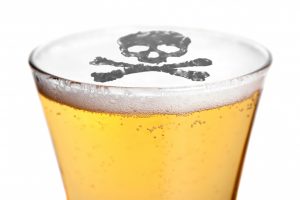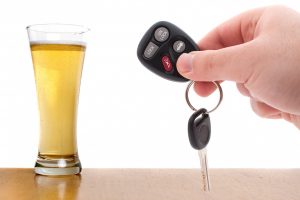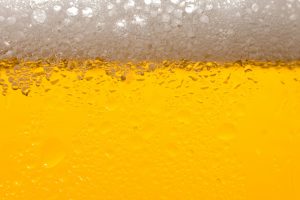“Wet Reckless” Charge vs. DUI: What Are the Key Differences?
 If you’ve ever been arrested for DUI, or if you know someone who has, you have possibly heard the term “wet reckless” thrown around. Depending on the circumstances of the case, the prosecution may offer to allow a DUI defendant to plead guilty to “wet reckless” as a reduced charge. If you are offered this kind of plea deal and agree to the terms, accepting it can provide you more leniency compared to a DUI conviction, but there are still some nuances in the law and some consequences you need to be aware of. Let’s discuss some of the key differences between a “wet reckless” charge and a DUI charge to help defendants make an informed decision in the event of a plea deal.
If you’ve ever been arrested for DUI, or if you know someone who has, you have possibly heard the term “wet reckless” thrown around. Depending on the circumstances of the case, the prosecution may offer to allow a DUI defendant to plead guilty to “wet reckless” as a reduced charge. If you are offered this kind of plea deal and agree to the terms, accepting it can provide you more leniency compared to a DUI conviction, but there are still some nuances in the law and some consequences you need to be aware of. Let’s discuss some of the key differences between a “wet reckless” charge and a DUI charge to help defendants make an informed decision in the event of a plea deal.
What Is a “Wet Reckless” Charge?
“Wet reckless” is simply a colloquial term for reducing a DUI charge to a reckless driving charge under California Vehicle Code Section 23103/23103.5 VC, with the additional note on the defendant’s record that alcohol was involved. (Hence the term “wet reckless.”) The unique thing about a wet reckless charge is that it only occurs in a plea deal situation, as a reduction down from DUI. In other words, prosecutors would never charge a defendant initially for “wet reckless driving” because technically it’s the same offense as reckless driving. You’ll only have a “wet reckless” charge on you record if you accept a plea deal in response to a DUI and agree to plead guilty or nolo contendere to the lesser charge.
 Los Angeles DUI Attorney Blog
Los Angeles DUI Attorney Blog










